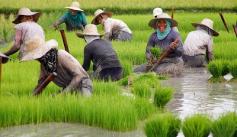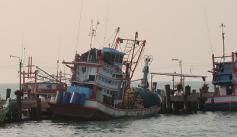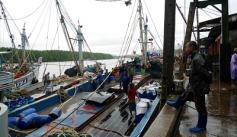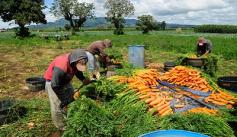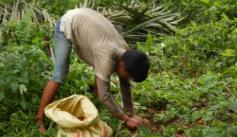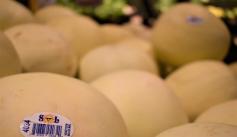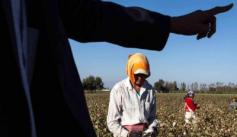In August of 2016, Amnesty International released a detailed report exposing egregious labor violations—including forced labor, child labor, exposure to toxic pesticides, and failure to pay minimum wages—on plantations owned by palm oil giant Wilmar, a supplier to major global brands, including Unilever, ColgatePalmolive, Kellogg’s, Nestle, and Procter & Gamble. Incredibly, three of the five plantations where the abuses were documented were certified as “sustainable” palm oil producers by the industry certification scheme, the Roundtable on Sustainable Palm Oil (RSPO).
